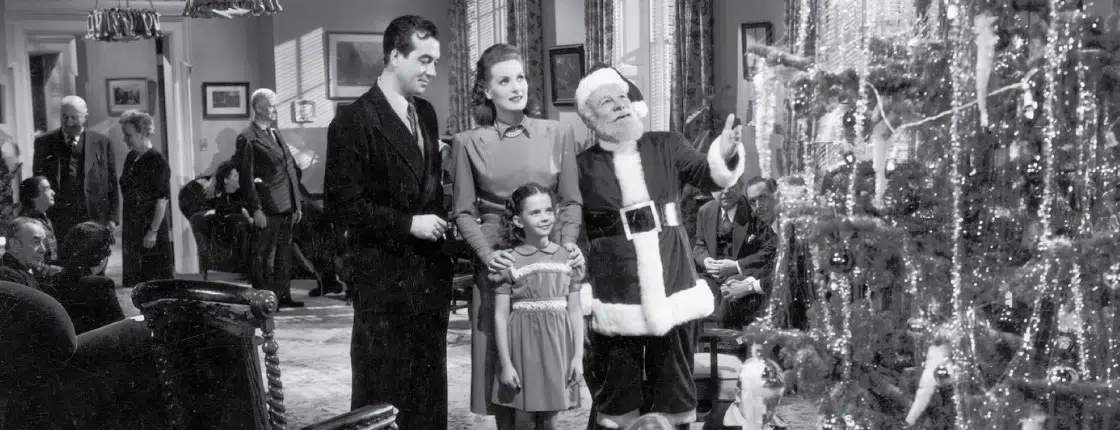A Holiday Movie Lesson for Nonprofits


Full Platform Overview Chat With Us



Full Platform Overview Chat With Us





One of the movies my family watched every year at Christmas growing up was Miracle on 34th Street. If you aren’t familiar with the film, it centers around a new gentleman, Kris Kringle, taking on the job of mall Santa at Macy’s one Christmas season. He claims to be the ACTUAL Santa. The story is meant to be a heartwarming tale that reinforces the belief in Santa for those children whose culture includes him.
My big takeaway (yes, even as a child) was the attitude Santa introduced to the corporate execs at Macy’s. When a family wanted a product that was currently out of stock, he would refer them to another department store that did have it in stock.
Santa viewed things differently than corporate America. His focus was on the mission – ensure that all the children had the Christmas gifts they wanted on December 25th. He saw no reason why any given department store shouldn’t focus first on the mission – satisfied customers, the people who are the reason for their existence. He wasn’t concerned with a competitive attitude.
Ironically, that became a competitive advantage. Before long Macy’s rival department store, Gimbal’s, was employing the same method. Both stores were doing just fine with their bottom line, and customers were more satisfied than ever.
If a fictional department store can put a mission ahead of a competitive mindset, can real-world nonprofits do the same? I think we can, and we must.
Generosity is not a zero-sum game. Our donor do not belong to us, and their giving to other nonprofits doesn’t mean less for our organization.
If we believe that there are enough resources out there to solve the problems we exist to tackle, we operate with an abundance mindset. When we believe there is enough to go around, we are more willing to share and to collaborate. Just as that meant success for the respective department stores in the movie, it can mean more success for our organizations.
By adopting an abundance mindset, by approaching out work with a collaborative spirit, we can accomplish more. We exist to solve problems, to improve or even save lives. Our organizational ego, our concerns for our organization’s bottom line, cannot overwhelm our ability to focus first on our beneficiaries and their needs.
We don’t have to believe in Santa or celebrate Christmas to appreciate and apply this lesson to our lives and our work. Let’s take this lesson with us into 2021.


Comments